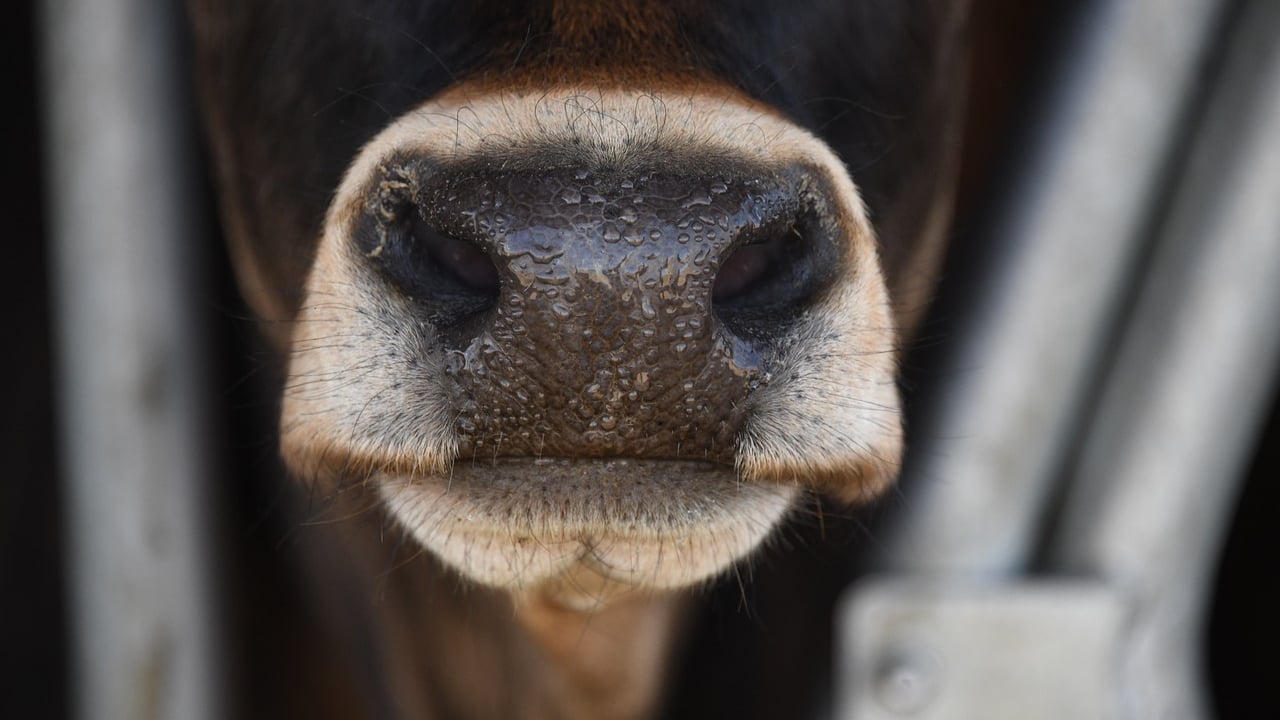DEFRA to extend bluetongue restriction zone to all of England
The bluetongue virus restricted zone will be extended from July 1 to cover the whole of England, the Department for Environment, Food and Rural Affairs (DEFRA) has confirmed.
The decision will end movement restrictions for animals and allowing farmers to move cattle, sheep, all ruminants, camelids, throughout England without movement tests.
The department said the move follows consultation between industry and scientists recognising that the area of England where disease has been found is now too large for movement restrictions to remain an effective and proportionate way of controlling the disease.
This new approach aligns with the approach taken throughout the EU. DEFRA said it will also allow a renewed focus on resources on higher priority disease risks, which now presents a greater risk to industry, such as Foot and Mouth Disease and African Swine Fever.
Bluetongue
Bluetongue virus (BTV-3) is primarily transmitted by midge bites and affects cattle, goats, sheep, goats, deer and camelids such as llamas and alpacas.
The impacts on susceptible animals can vary greatly – but in most cases seen since September 2024 clinical signs have been mild and animals have recovered.
Many areas of England are now affected by bluetongue and safe and effective vaccines are available.
Bluetongue serotype 3 (BTV-3) vaccines are available and farmers are being encouraged to discuss their use with their vet as vaccination is the most effective way to protect livestock from bluetongue.
Commenting on the decision to extend the restriction zone, UK chief veterinary officer Christine Middlemiss said:
"Through movement controls we have slowed the westerly spread of bluetongue until vaccines are available.
"We are now moving away from government imposed movement controls which are costly and disruptive to farming particularly those within the zones.
"An all-England restriction zone will allow livestock farmers currently impacted by burdensome restrictions to be on equal footing with rest of England.
"We encourage all farmers and keepers to discuss the use of BTV-3 vaccines to protect their herds and flocks with their private vet as this is the most effective way of protecting susceptible species.
"I urge all livestock keepers to report suspect disease. It is especially important to remember that foot and mouth disease and bluetongue can have similar clinical presentation."
Bluetongue virus is a notifiable disease. Farmers should continue to monitor their animals frequently for clinical signs and report suspicion of disease immediately.
They should also make sure their animals and land are registered with Animal and Plant Health Agency (APHA) so keepers can be kept informed and animals easily located





